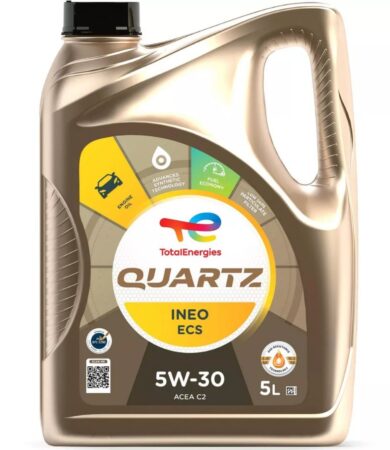Car Oils
At Conlan Oils we offer a wide range of automotive manufacturer-approved passenger vehicle engine oils and car care products.
CAR ENGINE OILS Conlan Oils is one of the leading suppliers of premium, high perfomance Oils, lubricants and services within the Irish market.
SYNTHETIC OIL

Motor Car Oils – Synthetic
0w/20, 0w/30,5w/20, 5w/30,5w/40, 10w/60
Sizes Available:
MINERAL OIL

Motor Car Oils – Mineral
15w/40, 20w/50
Sizes Available:
MOTOR CAR OIL
PASSENGER MOTOR CAR OIL is the lifeblood of your engine. In addition to lubricating moving parts to help reduce wear and tear and the buildup of heat in your engine, motor oils contain performance additives that help to reduce oxidation, neutralize acids, prevent rust, corrosion, and foam, condition seals, save fuel, and keep your engine clean. But all engine oils are far from created equal. In fact, some motor oils on the shelves can cause harm to your engine and premature failure. Know what motor oil goes into your car, buy from Conlan Oils.
DO PETROL AND DIESEL PASSENGER CARS NEED DIFFERENT ENGINE OILS?
Picture two cars: one runs on petrol, the other on diesel. Are the recommended motor oils the same as well, then? In case you’ve wondered about it, you’re not the only one. Let’s clarify this issue.
ACEA, the European Automobile Manufacturers’ Association, classifies engine oils with a code, e.g. ACEA A3 or B4. ACEA specifications on a bottle or drum label always refer to use with petrol and diesel engines. In this example, the ‘A’ is referring to passenger car petrol engines and the ‘B’ to diesel ones.
The same goes for the API (American Petroleum Institute) specifications. The API SN/CF specification on a bottle indicates it is fit for both petrol (SN) and diesel (CF) engines, no matter the required viscosity.
The answer to the question above, then, is no. Engine specifications do discriminate between petrol and diesel types, with specific engine codes for both. Lubricants mostly have specifications on labels indicating they can be used for both engine types.
Why is this? Well, petrol and diesel engine oils have the same anatomy or make-up. They are formulated from the blending of base oils and additives to achieve a set of desired performance characteristics for both applications.
The differences between them aren’t big enough to demand different lubricants. That’s why there is no need for both a petrol and a diesel variant of a passenger car oil.
Summary:
- Passenger car ACEA specifications on today’s lubricant bottle labels always refer to use with petrol and diesel engines.
- Engine specifications do discriminate between petrol and diesel, but lubricants mostly have specifications which go for both.
- There is no need for both a petrol and a diesel variant of a passenger car oil.
- If you are still unsure which oil to buy, our Staff at Conlan Oils are always here to help.
Our Clients & Partners
Supplying Oil products for over 40 years
Webdesign – Niche-IT Ltd
© Conlan Oils – 2024
Info
Social Media







